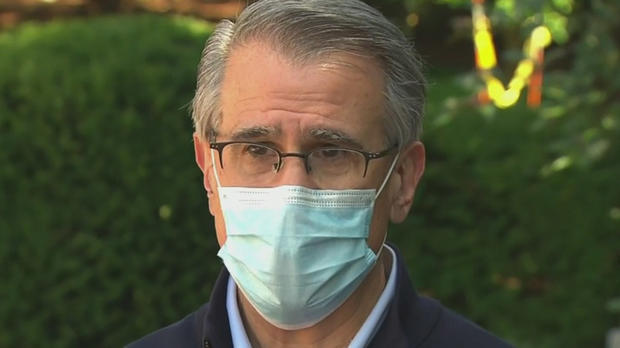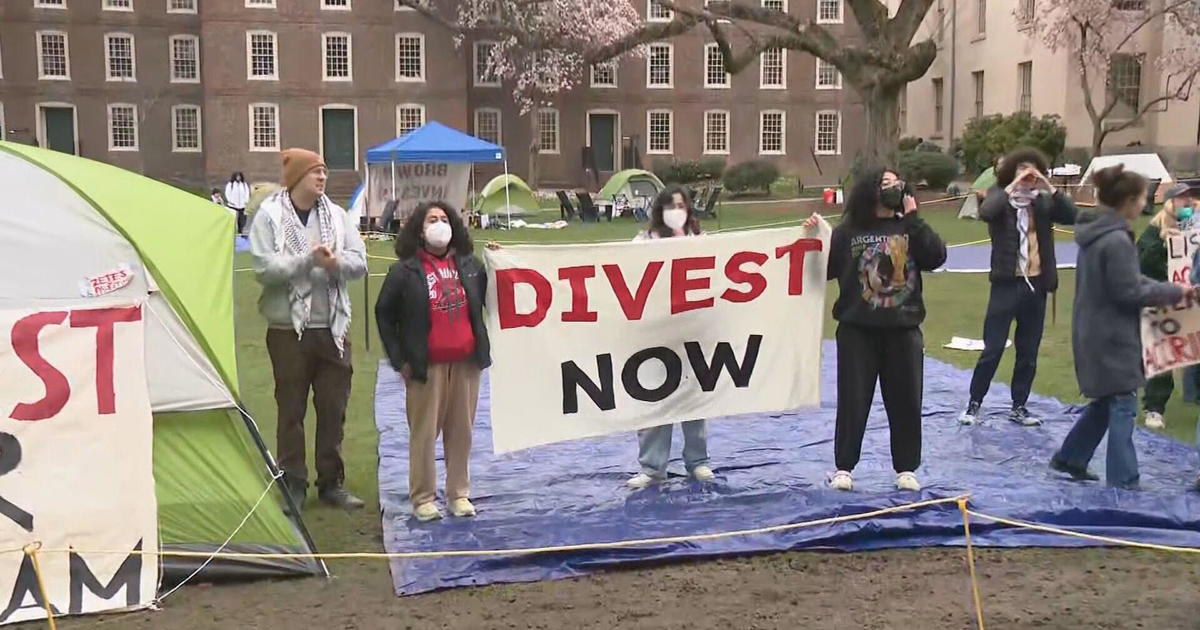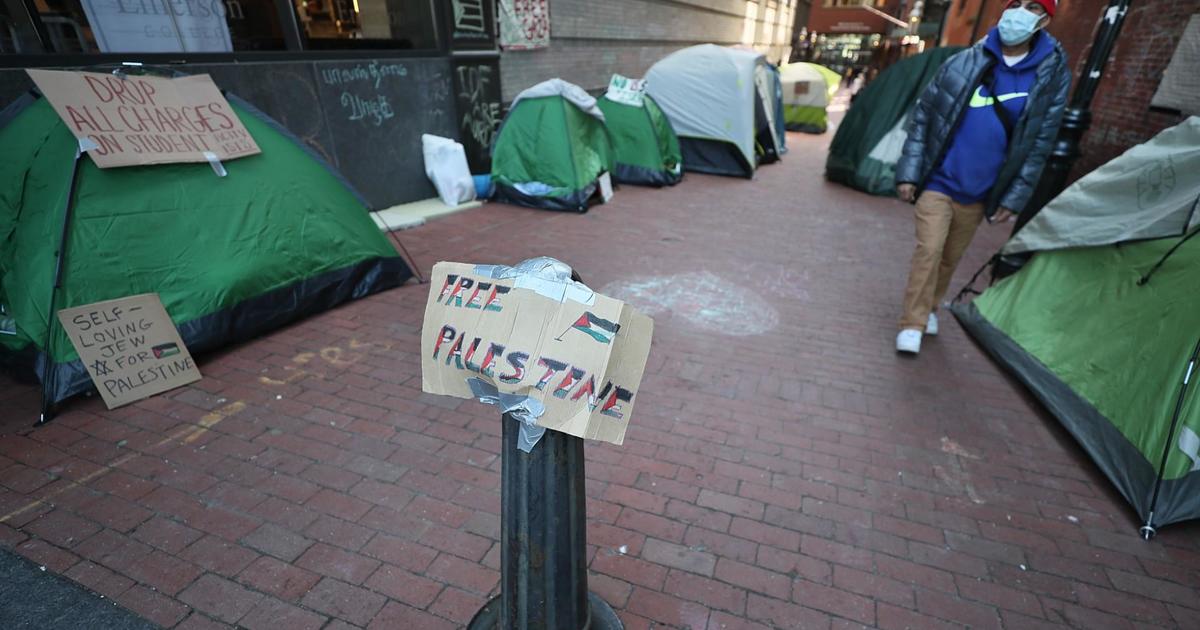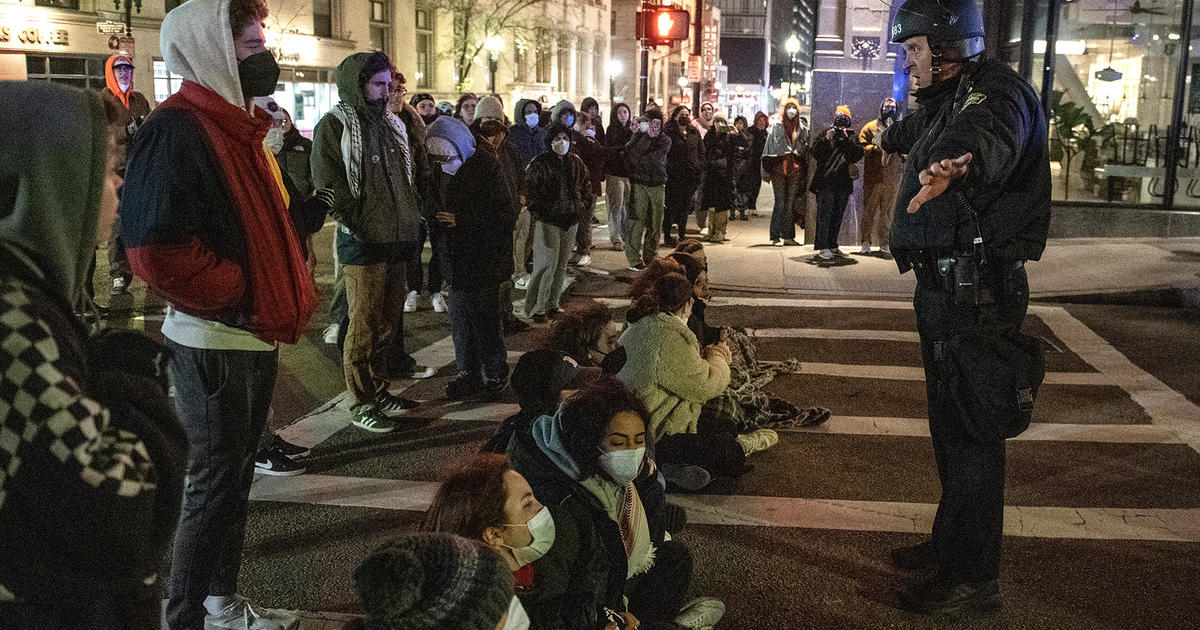Tufts Prepares To Reopen With Biweekly Testing And Modular Residences
BOSTON (CBS) - It's new housing at Tufts the university hopes it will never have to use. They are called "the mods," modular residential units to house any students or staff who test positive for COVID-19. It's a crucial part of the plan to bring students back to campus safely.
"We felt we could keep students safe by having them all within the community, on and off campus, being tested and part of protocols," said Tufts University President Anthony Monaco.
Testing will be at least twice a week. It's not an arbitrary number but a mathematical model that Dr. Rochelle Walensky, chief of infectious diseases at Massachusetts General Hospital, helped develop making several assumptions.
"At a testing ... of about three days, you could detect most people during time of maximal transmissibility and isolate them to prevent transmission to others."
The mods, being installed at the campus tennis courts, will also act as a barometer. The university can monitor capacity, any positive cases and make adjustments.
"We can decide when to go to maybe higher restrictions, like no more in-person classes for two weeks until we see things go down," said Monaco.
The housing is just one layer in a multi-layered approach that also depends on students social distancing and wearing masks, which some admit will be challenging.
"It's very hard for college students not to want to socialize on campus with 5,000 other people your age, and you haven't seen them for months," said student Sophie Lloyd.
Student Sean Ryan said it would be uncomfortable but necessary. "You don't want to have a Q-tip down your nose every week, but you have to do it."
President Monaco says the on-campus experience is crucial for students who will have to embrace the protocols to make it successful. "I think it's something you have to get used to as part of your daily routine. It's like putting on your shoes before you go out," said Monaco.
The University expects to administer about 2,000 tests a day and hopes to have results within 24 hours.




